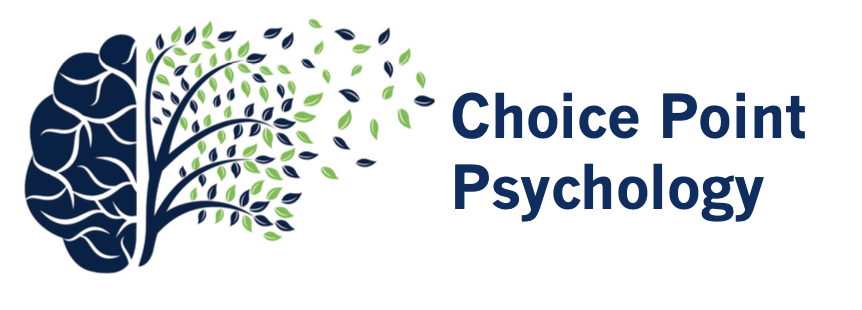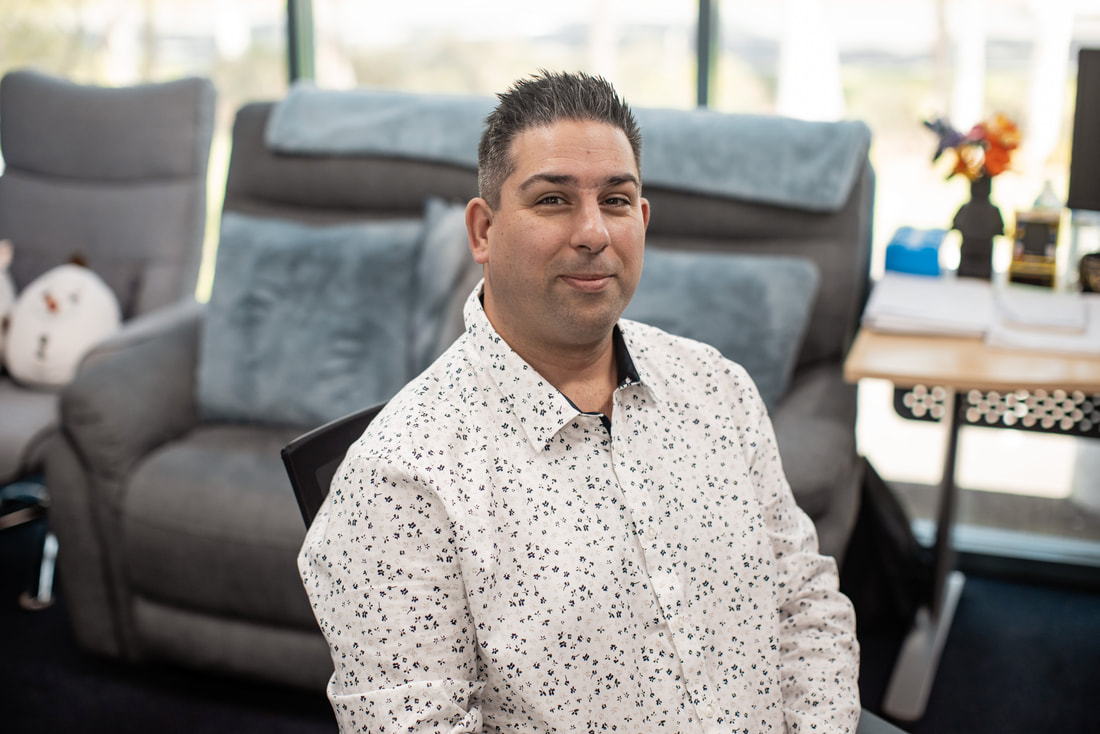About the author — Dr Nicholas HarrisDr Nicholas Harris is a clinical psychologist at Choice Point Psychology and an academic at the University of Newcastle. He provides neurodiversity-affirming cognitive, ADHD and autism assessments, and evidence-based psychological therapy for children, adolescents and adults. Nicholas has lectured in areas such as social psychology, clinical psychology, personality, research methods, statistics, psychological assessment, organisational psychology and has been an invited speaker at several local, national and international conferences. Nicholas focuses on translating research into practical strategies and works closely with families, schools and GPs to support meaningful change in everyday life. Learn more on our Meet our Team page. |
Site powered by Weebly. Managed by CheaperDomains.com.au







